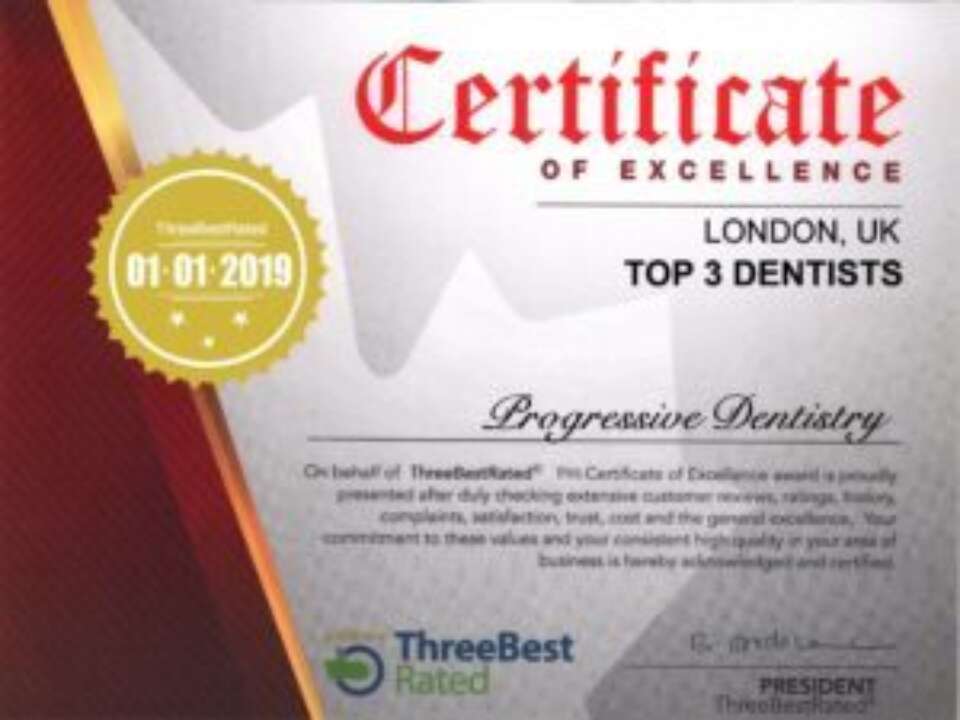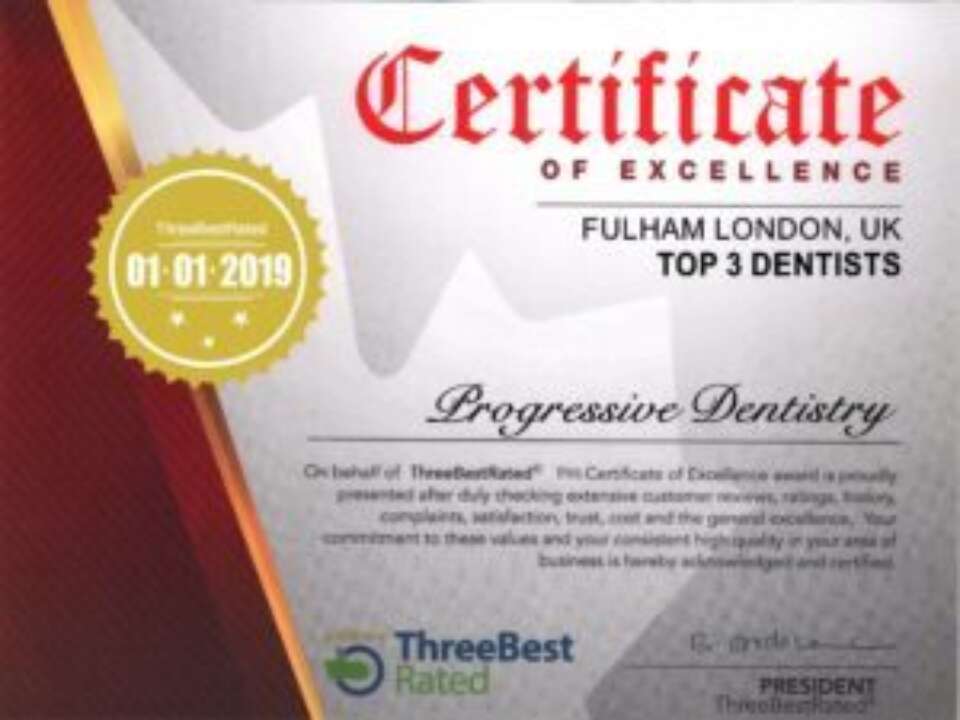The temporomandibular joints, also known as the TMJ, is a complex set of joints, ligaments, and jaw muscles at the base of the skull in front of the ear. We have one on each side of our head, connecting our lower jaw to our upper jaw. Each TMJ has a disc-like structure made of cartilage between the ball and the socket. This disc acts as a cushion so our jaws can open backward, forward, and even sideways. Our TMJ allows us to perform actions such as chewing, biting, yawning, and speaking.
TMJ Disorders - Jaw Joint Problems
|
|
TMJ Disorders: CausesA healthy TMJ is an essential part of a healthy life. Should this unique system malfunction in some way, it will result in a severely painful disorder. Like any joint in our body, the TMJ can become fractured, displaced, and inflamed. This is particularly common after an injury to the jaw area. An overbite or an underbite may not seem too damaging, but ignoring it may also cause a TMJ disorder. Some people have the habit of grinding their teeth or clenching their jaw, whether knowingly or unknowingly. Although it isn’t quite as widespread, some people have even developed arthritis in their jaw as they age. All these things put a massive strain on the TMJ and may lead to a shooting, radiating pain that limits one’s ability to perform oral functions. |
Symptoms To Watch Out ForTMJ disorders always manifest through pain and discomfort. If your jaw is feeling tender or swollen, it’s a sign that you may have fractured or dislocated your TMJ. Aside from jaw discomfort, take note of an ache around your ear. Difficulty chewing or pain while speaking is another common symptom. Other people suffering from a TMJ disorder experience their joint locking together, making it difficult to eat, chew, and speak. Sometimes, a clicking sound accompanies the pain. |
When To See A DoctorIf the pain, swelling, or tenderness persists for more than a week, seek medical attention immediately. If you can’t open or close your mouth completely, book an appointment even earlier so a professional can make an assessment. In severe cases, your dentist may refer you to a TMJ specialist who will discuss possible treatment options for your problem. |
TMJ Disorders: Treatment OptionsA specialist will check your joints and jaw muscles for tenderness, clicking, locking, and fractures. Recommended treatment is a step-by-step plan going from simple therapy to more involved procedures. This less is best approach includes home remedies such as:
Your dentist may also advise you to perform specific jaw exercises to strengthen your muscles. Anti-inflammatory drugs, pain relievers, or muscle relaxants may help you manage the pain. Those who grind and clench their jaws while they sleep may need to wear a night guard or a bite plate before going to bed. If an uneven bite is causing your TMJ disorder, the dentist may recommend for you to wear braces or reshape some teeth. If all of these conservative measures fail and your symptoms persist, surgery may be an option. Most TMJ disorders are temporary and can be managed by simple home remedies. However, it isn’t a good idea to put off getting help until your condition is exacerbated. |

Three Best Rated- Best Dentist London

Best dentist fulham

